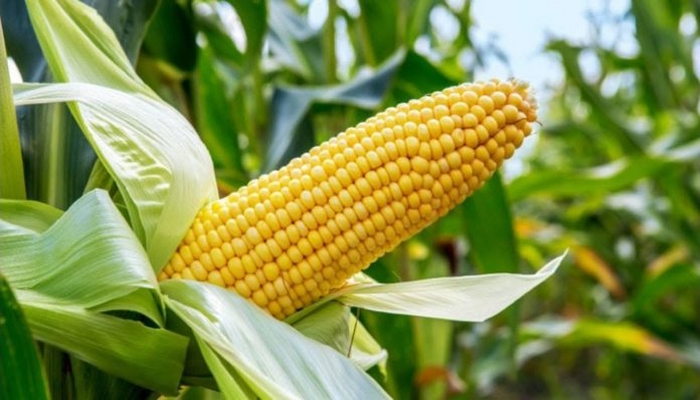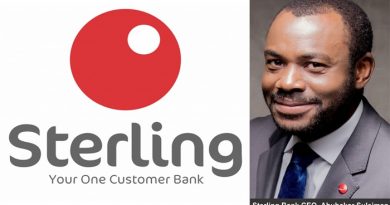Bol, AfDB, IFAD okay $2b for Nigeria’s agric project
The Bank of Industry (BoI), African Development Bank (AfDB) and International Fund for Agricultural Development (IFAD) have okayed $2 billion loan to reduce poverty, end hunger and increase resilience to climate change in rural communities around Nigeria.
AfDB President’s Senior Special Adviser on Industrialisation, Prof. Oyebanji Oyelaran-Oyeyinka, who revealed this at at a webinar said $1 billion is coming from BoI, $500 million from AfDB, and $200 million was pledged by IFAD.
The loans will be drive the Special Agro-Industrial Processing Zones (SAPZ) project in the country aimed at raising the productivity and competitiveness of the country’s agriculture sector.
Promoted by AfDB, the project will help the government to expand economic opportunities in the farm sector by enhancing processing infrastructure and services to rural families. The key financial industry players are determined to fund rural development and address poverty and hunger, and underlined that the current pace of development may not be sufficient to achieve the social development goals(SDGs)
Oyelaran-Oyeyinka said the zones are designed to concentrate agro-processing activities within areas of high agricultural potential. He said the bank is collaborating with the Federal Ministry of Agriculture and Rural Development to implement the SAPZproject.
He added that the bank also has NIRSAL, National Sovereign Authority, which will be helping it to package infrastructure.
The Technical Adviser to the Minister of Agriculture and Rural Development, Richard-Mark Mbaram, said SAPZ will be formally inaugurated at the 2020 edition of the Feed Nigeria Summit, the country’s flagship agricultural sector convocation, set to hold from tomorrow December 1 – 2.
This year’s summit, to be held at the Ladi Kwali Conference Centre, Sheraton Hotel and Towers, Abuja, has “Agribusiness: Leading Nigeria’s Recovery” as theme.
A professor at the Department of Health Policy & Management, College of Public Services, Jackson State University, United States, Sule Ochai said SAPZ is a key programme in the nation’s attempt in reducing national poverty rate.
He said there was need to address institutional weaknesses in expanding agricultural infrastructure to boost productivity.
The Chairman, Organising Committee, Feed Nigeria Summit 2020, Prof Eustace Iyayi, said this year’s gathering would focus on how Nigeria could make full economic recovery from the COVID-19 pandemic by piggybacking on agro-industrialisation. Iyayi, a Professor of Animal Nutrition and Feed Biotechnology, said at the webinar yesterday that the summit was aimed at encouraging conversation around key evidence-based solutions for recalibrating the Nigerian economy by leveraging the agricultural sector’s transformative capacity.
Iyayi said: “FNS2020 can draw attention to the huge gap that continues to exist between production and need. This gap can be significantly reduced by funding support to the private sector to boost production against next year.
“Farmers and other operators need to be given incentives because many already have their businesses wiped out or significantly downsized due to COVID 19.”
Iyayi said FNS2020 would serve as a platform to unveil the National Agricultural Technology and Innovation Plan (NATIP), the Federal Ministry of Agriculture and Rural Development’s new policy direction being spearheaded by the Minister of Agriculture and Rural Development, Alhaji Muhammad Sabo Nanono.
The ministry’s private-sector inclusion campaign, the Agriculture Policy Alliance Project (APAP), which is a key component of NATIP, will also form part of key engagement areas at the summit.
With SAPZ set for take-off in January 2021, FNS2020 will play a major role in the project’s effective start, Iyayi said.
He explained, “Beyond discussion, FNS2020 must push for industrialisation. Something just has to push us to that next level.




